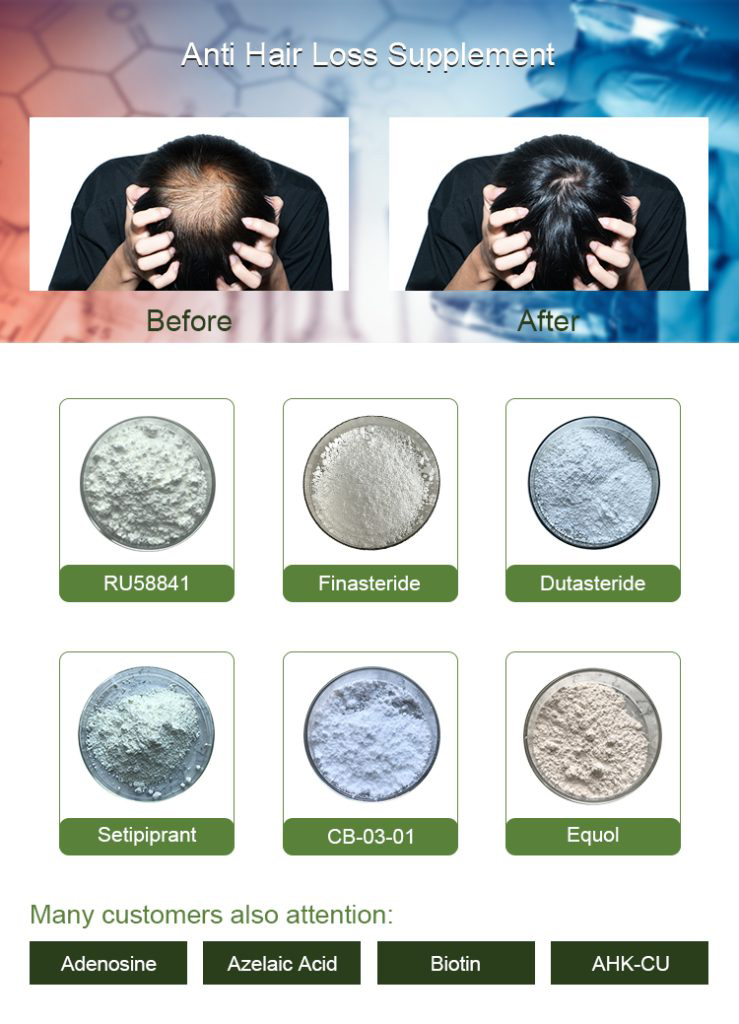Finasteride is a medication primarily used to treat conditions related to the prostate gland and male pattern baldness. It works by inhibiting the enzyme 5-alpha reductase, which converts testosterone to dihydrotestosterone (DHT), a hormone that contributes to prostate growth and hair loss. Here are the pros and cons of using Finasteride:
Pros of Finasteride:
- Effective for Hair Loss: Finasteride has been shown to be effective in reducing hair loss and promoting hair regrowth in men with male pattern baldness. It can slow down the progression of hair loss and, in some cases, lead to noticeable regrowth.
- Non-Invasive: Finasteride is taken orally in the form of a pill, making it a non-invasive treatment option for hair loss. It doesn’t require surgical procedures like hair transplantation.
- Prostate Health: Finasteride is also used to treat benign prostatic hyperplasia (BPH), a condition in which the prostate gland enlarges and can cause urinary symptoms. It can help reduce the size of the prostate and alleviate associated symptoms.
- Long Track Record: Finasteride has been on the market for several decades and has undergone extensive testing and research. Its safety and efficacy profiles are relatively well-established.

Cons of Finasteride:
- Sexual Side Effects: One of the main concerns associated with Finasteride is its potential to cause sexual side effects such as decreased libido, erectile dysfunction, and reduced ejaculate volume. While these side effects are relatively rare, they can persist even after discontinuing the medication in some cases.
- Depression and Mood Changes: There have been reports of Finasteride causing mood changes and even depressive symptoms in some individuals. However, the causal relationship between Finasteride and these effects is not entirely clear and requires further investigation.
- Persistence of Effects: Some of the side effects, particularly the sexual ones, may persist even after discontinuing the medication. This can be distressing for individuals who experience these effects.
- Pregnancy Risk: Finasteride can be harmful to a developing fetus if pregnant women are exposed to it. Pregnant women should avoid handling crushed or broken Finasteride tablets.
- Delayed Results: While Finasteride can slow down hair loss and promote regrowth, it may take several months to a year to see noticeable improvements. It’s not a quick fix and requires consistent use over time.
- Limited Effectiveness: Finasteride doesn’t work for everyone, and its effectiveness can vary from person to person. Some individuals might not experience significant regrowth or slowing of hair loss.
- Cost: The cost of Finasteride can be a factor for some individuals, especially if it’s not covered by insurance. It may need to be taken on an ongoing basis, adding to the long-term cost.

Before considering the use of Finasteride, it’s essential to consult a healthcare professional who can assess your individual situation, medical history, and potential risk factors. They can help you make an informed decision about whether Finasteride is a suitable option for you and monitor any potential side effects during treatment.
